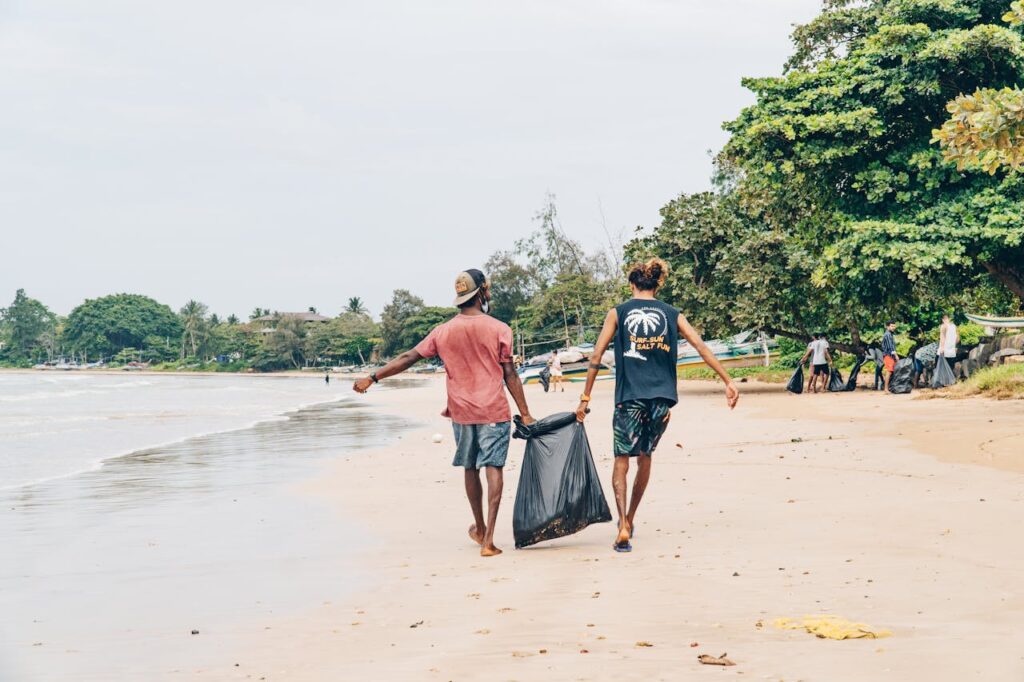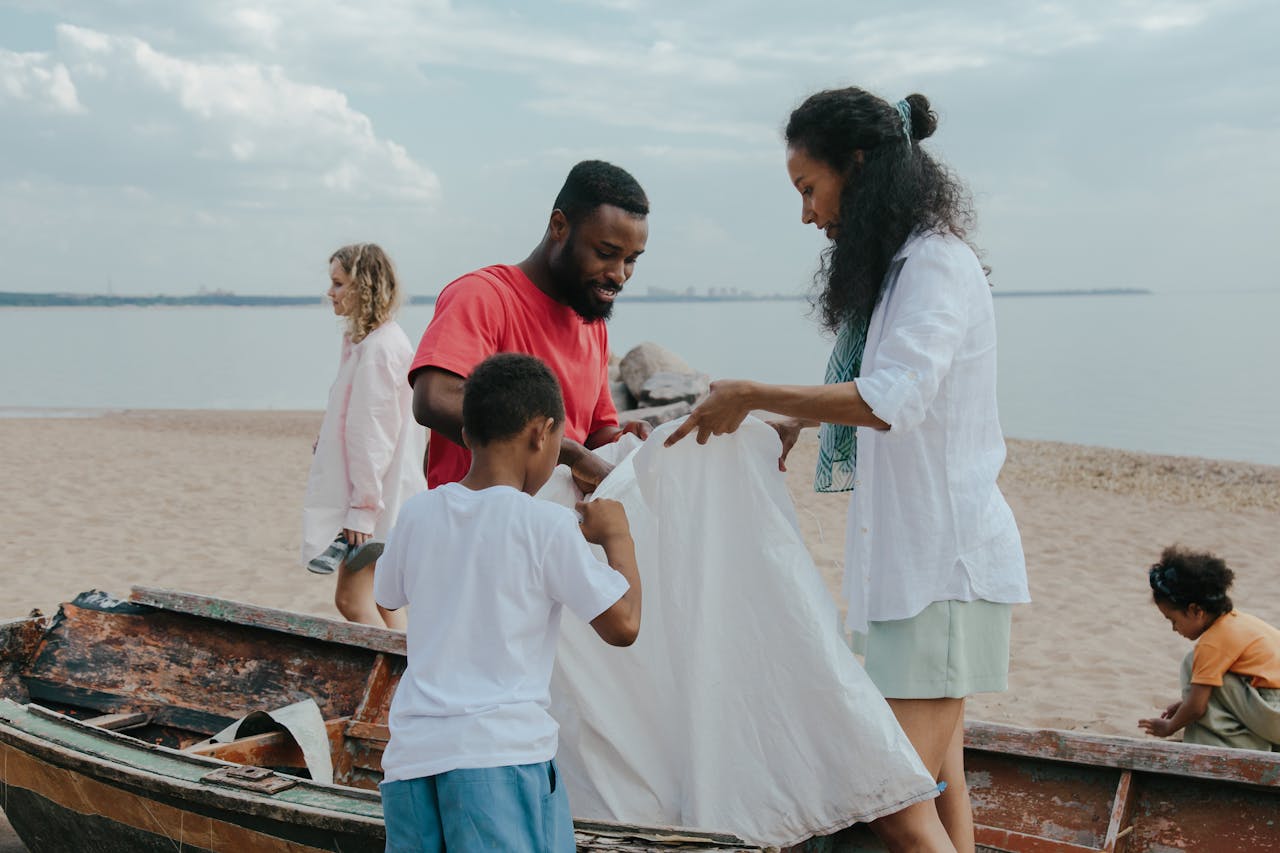Marine conservation trips bring together learning adventures with hands-on conservation activities. These opportunities help you protect ocean environments through both beginner and seasoned diving experiences. This article explains all the key steps of a marine conservation experience.
With turquoise waters and colorful coral reefs, the coastal regions of Belize host some of the most stunning marine habitats in the Caribbean. These ecosystems are home to diverse species and play a vital role in global marine health.
For those looking to contribute meaningfully while exploring a beautiful destination, becoming an eco-friendly volunteer in Belize is an incredible way to support reef protection, engage with local culture, and gain hands-on experience in marine conservation.

Understanding the Purpose Behind Marine Conservation Trips
The marine conservation adventure is designed for people who want active involvement in ocean protection programs. These trips are more than typical vacations — they allow participants to directly preserve marine environments. You’ll take part in restoring coral reefs, monitoring marine species behavior, and assisting with underwater cleanups. You also help gather research data for future studies.
Activities include attending classes on marine science, ecology, and climate change while studying underwater life. You’ll gain valuable knowledge that enhances your experience and helps you better understand marine health issues around the world.
These trips welcome people from various countries, allowing them to develop shared friendships around marine life. All participants discover a renewed passion for ocean conservation through the unity that builds — whether underwater or back on land.
Daily Activities on a Marine Conservation Trip
Each day during a marine conservation trip combines diving, scientific data work, and marine learning activities. Certified divers usually complete up to three dives per day as part of their schedule. Many visitors also take part in educational programs during their experience. Your daily routine often begins with an early dive briefing, followed by underwater research or even lionfish removal to help protect native reef species.
Participants engage in both underwater and surface-based activities, including data processing, dive equipment maintenance, and beach cleanups. Working conditions can be challenging, but they are also rewarding — this experience requires you to stay fit, flexible, and focused.
For those looking to blend environmental impact with cultural immersion, volunteering as an eco-friendly volunteer in Belize offers the chance to take part in real reef conservation while enjoying the beauty and rhythm of Caribbean life.
How Your Participation Supports Global Conservation Efforts
Your work as a volunteer goes far beyond your time in the water. The data you collect helps scientists and local leaders make better decisions for managing marine resources. Your participation also supports conservation organizations financially, as many rely heavily on volunteer contributions to fund operations.
Visiting a marine conservation site allows you to witness how marine life thrives in balance. Seeing ecosystems firsthand shows how pollution, overfishing, and climate change impact the ocean — and reminds us how small, committed actions can lead to big positive changes.
Conclusion
Marine conservation trips are about learning, impact, and growth — not luxury or leisure. Your hands-on involvement in underwater research and restoration helps protect marine life, educate communities, and inspire global change. It’s not just a trip — it’s a meaningful contribution to the health of our planet’s oceans.


